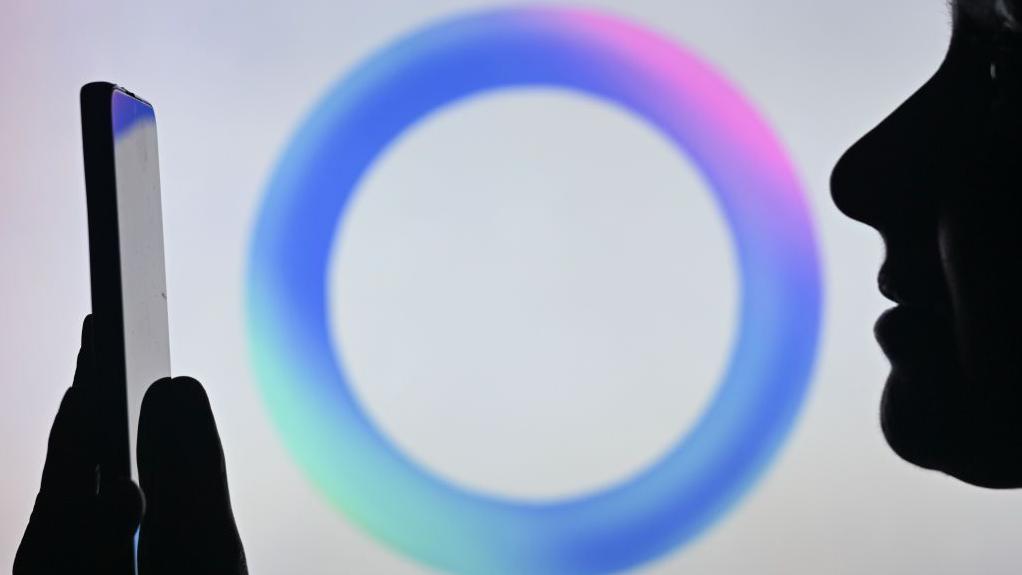WhatsApp defends its ‘optional’ AI feature that can’t be disabled

WhatsApp’s New AI Feature: Understanding the Integration
WhatsApp has recently introduced an AI feature within its messaging app, which the company describes as “entirely optional.” However, it is important to note that users cannot remove this feature from the app, leading to a mix of curiosity and frustration among its user base.
The Meta AI Presence
When using WhatsApp, you will notice a new blue circle featuring the Meta AI logo in the bottom right corner of your Chats screen. Tapping this icon opens a chatbot that is designed to respond to user queries. While some might find this helpful, others are unhappy about the inability to disable the feature. This situation is reminiscent of Microsoft’s Recall function, which faced backlash for being always-on before the company allowed users to opt-out.
WhatsApp has stated that feedback from users is taken seriously, emphasizing the value of providing options. This AI integration coincides with Meta’s continued updates across its platforms, such as Instagram, which recently announced upgraded privacy controls for teen accounts, aiming to prevent underage users from lying about their ages.
Where to Find the AI Feature
If you’re unable to see the blue circle on your screen, you might not have access to this feature yet, as its rollout is gradual and only available in select countries. Users should also notice a search bar at the top reading “Ask Meta AI or Search,” a similar feature found on Meta’s other platforms, like Facebook Messenger and Instagram.
This AI chatbot is powered by Llama 4, one of Meta’s advanced language models. Interacting with the AI involves a lengthy disclaimer stating that the feature is optional, which has created some skepticism among users. According to WhatsApp’s website, the AI can assist with a variety of tasks, from answering questions to generating new ideas.
User Reactions to the AI Tool
Reaction to this new AI feature has been mixed, especially among users in Europe who have expressed significant frustration. Platforms like X, Bluesky, and Reddit are filled with comments criticizing the AI’s persistent presence. Columnist Polly Hudson from The Guardian is among those who have expressed their dissatisfaction, voicing concerns that not having the option to disable the tool is a troubling trend.
Critics like Dr. Kris Shrishak, an AI and privacy advisor, have gone as far as calling this integration an exploitation of users for testing new technologies. He raised concerns about potential privacy violations, suggesting that Meta’s practices may violate regulations surrounding personal data usage.
Concerns About Privacy and Data Usage
When using the Meta AI feature on WhatsApp, users are informed that the chatbot “can only read messages people share with it.” WhatsApp insists that it does not have access to any personal messages due to end-to-end encryption. Nevertheless, this claim has not pacified critics who urge caution. The Information Commissioner’s Office (ICO) has stated its commitment to monitoring how Meta handles personal data through this AI technology.
A significant point of contention among critics is the nature of data used to train AI models. An investigation revealed that Meta might have utilized millions of pirated books and academic papers from sites like LibGen to improve its AI capabilities. This has spurred global discussions about authors’ rights and the legality of data sourcing for AI training.
Moreover, users should be cautious about the information they share when using the AI feature. WhatsApp advises users to refrain from providing sensitive personal details, which could potentially be retained and used inappropriately. Dr. Shrishak further emphasized that communicating with Meta AI blurs the lines of privacy, advising users to only share information they are comfortable with being stored.






